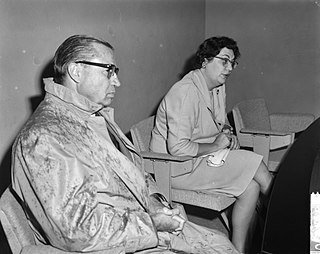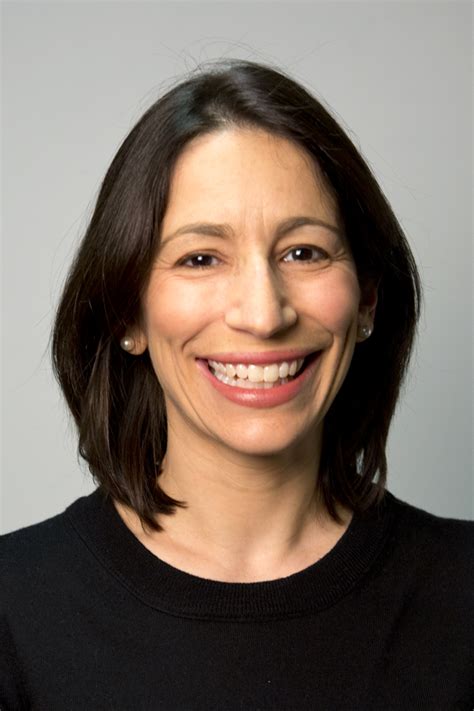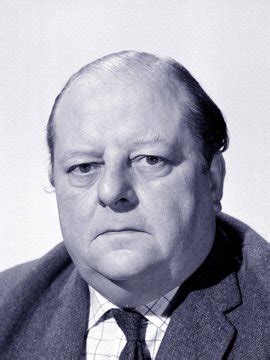A Quote by Judy LaMarsh
It has not been the style of Canadian politicians to write of their experiences, although it is the common practice for British, French, and American Politicians upon their retirement. But I have been criticized before and I expect to be again.
Related Quotes
The fact is that in England so many of our politicians are career politicians - they've always been politicians since they left their education. And in the old days of course politicians used to be fish mongers or doctors or whatever. They'd lived life. These days, power seems to go to the hands of people that that's all they've done. And I'm not sure that's a good thing, because it does remove them from the realities of life.
The American middle class, it seems to me, is looking to politicians now to satisfy a pretty basic - and urgent - level of need. Yet people in the upper middle class - with their excellent health benefits, schools, salaries, retirement plans, nannies and private afterschool programs - have journeyed so far from that level of need that, it often seems to me, they literally cannot hear what resonates with the middle class. That creates a problematic blind spot for those who write, edit or produce what comes to be known about our politicians and their policies.
Politicians detest self-sufficient citizens. Politicians need to be needed. When we get socialized medicine, you will be completely dependent upon politicians for your medical care, as Canadians are today. That's why if you need an MRI in Canada, you have to wait three months - unless you pay certain kinds of homage to the right politicians.

































